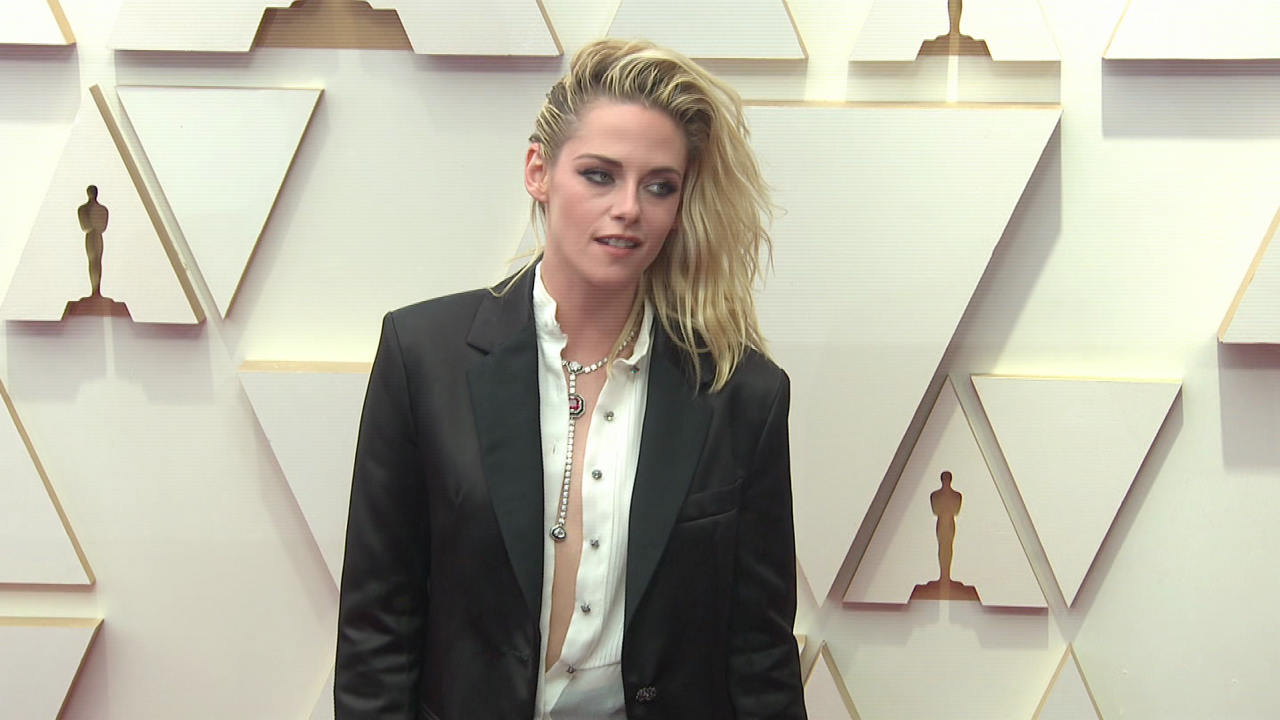Kristen Stewart, the acclaimed actress known for her roles in the Twilight saga and numerous independent films, has delivered a scathing critique of Hollywood’s efforts towards gender equality, describing the industry’s self-congratulation as “phony.” In a candid interview with Porter magazine, Stewart expressed her frustration with the industry’s tokenistic approach to embracing female filmmakers and storytellers.
“[There’s a] thinking that we can check these little boxes, and then do away with the patriarchy, and how we’re all made of it,” Stewart stated. “It’s easy for them to be like, ‘Look what we’re doing. We’re making Maggie Gyllenhaal’s movie! We’re making Margot Robbie’s movie!’ And you’re like, OK, cool. You’ve chosen four.”
While Stewart acknowledged her admiration for Gyllenhaal’s “The Lost Daughter” and Robbie’s “Barbie,” she questioned the sincerity of the industry’s celebrations over these isolated successes. “I’m in awe of those women, I love those women [but] it feels phony. If we’re congratulating each other for broadening perspective, when we haven’t really done enough, then we stop broadening.”
Stewart’s comments resonate with the stark reality reflected in recent statistics. A report released by the USC Annenberg Inclusion Initiative in January revealed that women made no significant gains in Hollywood in 2023, with only 12.1% of the 116 evaluated directors being female. The report’s founder, Stacy L. Smith, bluntly stated, “For the companies and industry members who want to believe that the director problem is fixed, it is nowhere near solved.”
Stewart’s own experiences in the industry further underscore the challenges faced by female filmmakers. She spoke about her struggles in financing an adaptation of Lidia Yuknavitch’s 2011 memoir, “The Chronology of Water,” which she hopes to direct. Despite being in the works for seven years, the project’s subject matter – tackling themes of incest, menstruation, and a woman’s violent reclamation of her voice and body – has proven to be a stumbling block.
“My movie is about incest and periods and a woman violently repossessing her voice and body, and it is, at times, hard to watch … but it’s gonna be a fucking thrill ride,” Stewart explained. “And I think that’s commercial, but I don’t think that I have any gauge on what that means.”
Stewart’s candid remarks serve as a wake-up call to an industry that has long paid lip service to the cause of gender equality while failing to enact meaningful change. Her frustration with Hollywood’s hollow gestures and tokenistic approach resonates with the experiences of countless female filmmakers and storytellers who continue to face systemic barriers and inequalities.
As the industry grapples with these issues, Stewart’s voice adds to the growing chorus of those demanding substantive action and genuine commitment to fostering an inclusive and equitable environment for all artists, regardless of gender. Her words serve as a reminder that true progress can only be achieved through sustained effort and a willingness to challenge deeply entrenched biases and power structures within the entertainment industry.
